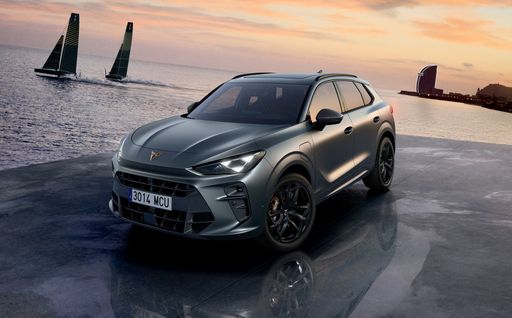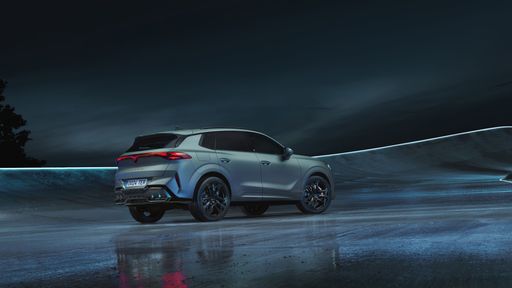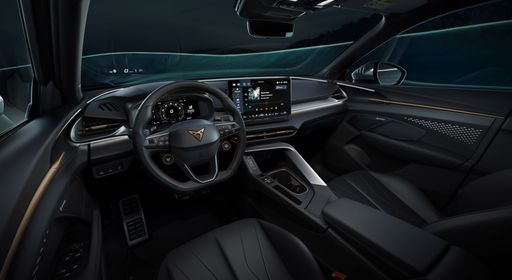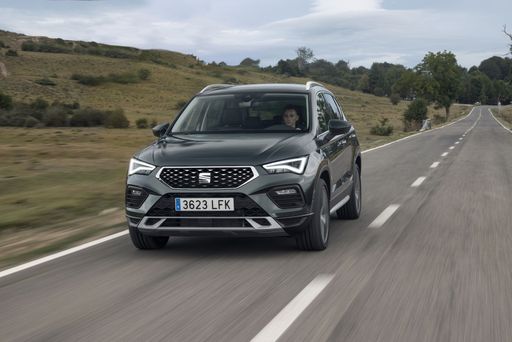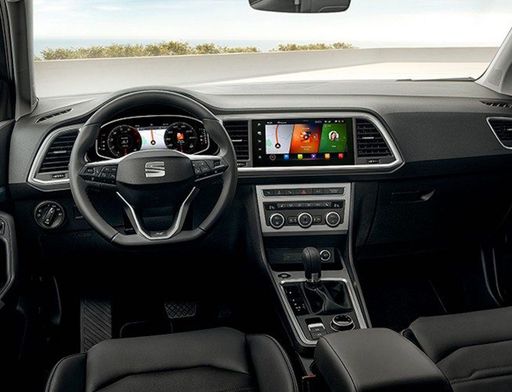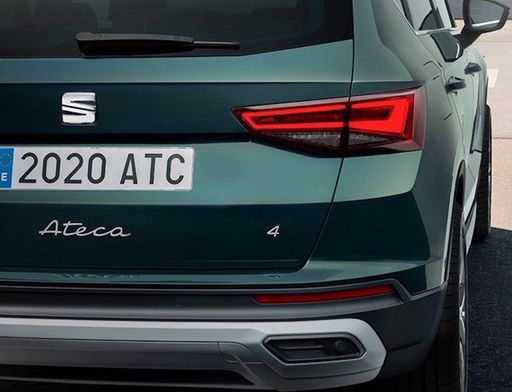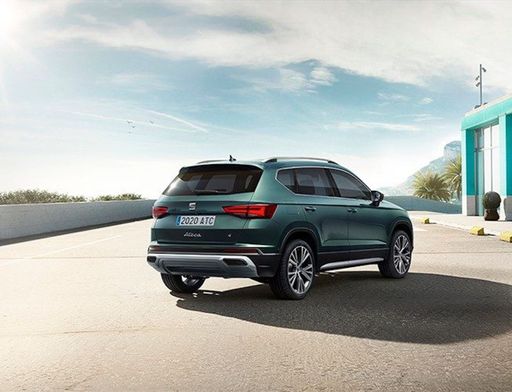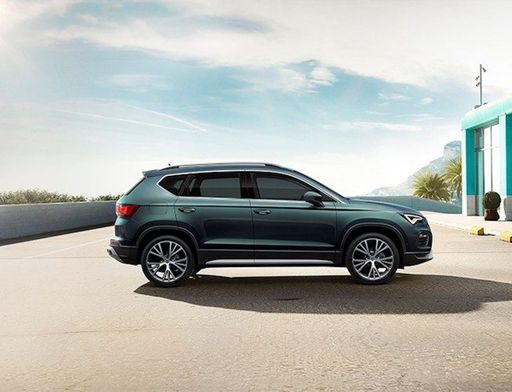Street Swagger and First Looks
Slide up to either of these and the impression is immediate: one wants to shout performance, the other signals sensible style with a wink. The CUPRA wears a more aggressive, athletic stance that turns heads without apologizing, while the Ateca settles into a composed, everyday-friendly aesthetic that ages gracefully. Both feel thoughtfully detailed inside and out, but they speak to different owners — one who wants presence, the other who values understated usability.

